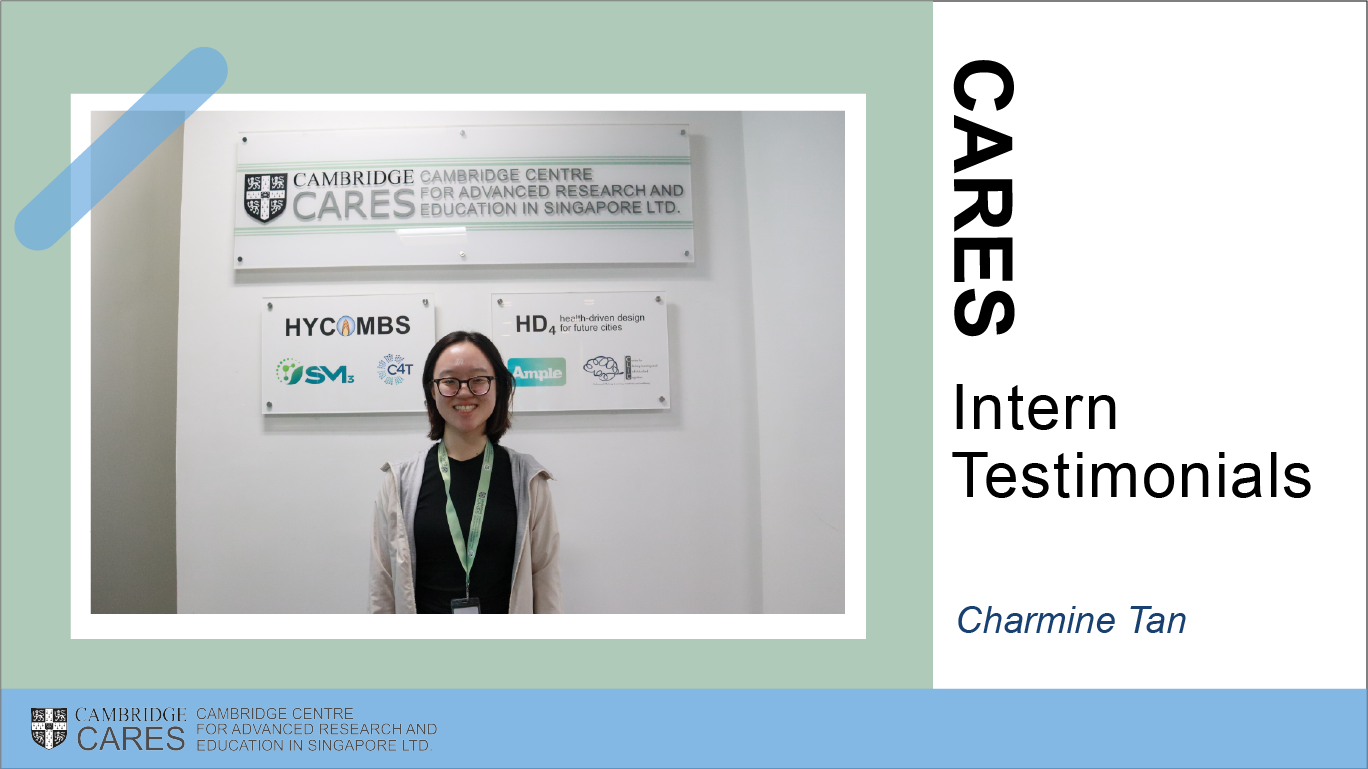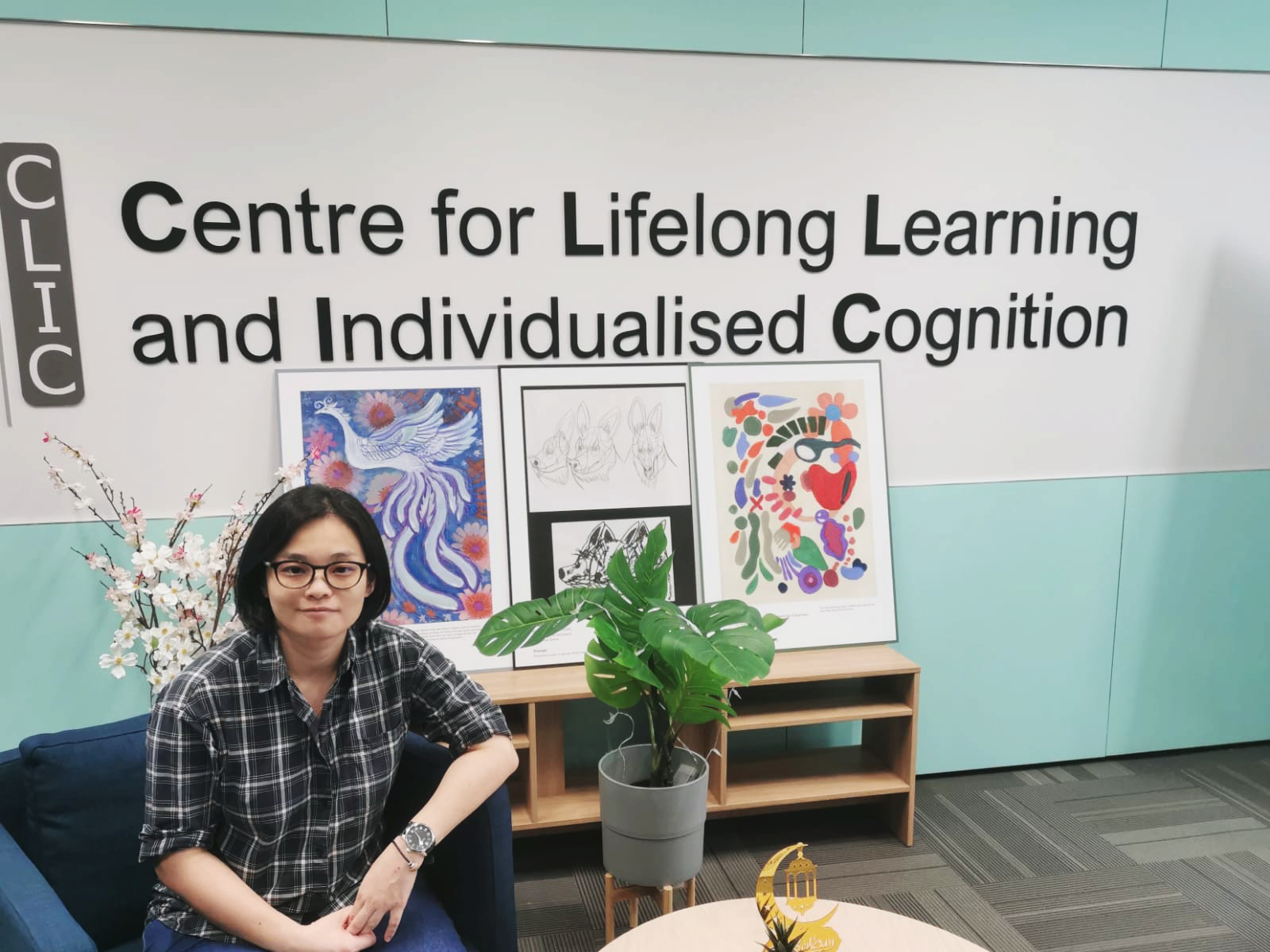CARES Director Professor Markus Kraft and Senior Visiting Scientist Dr Oliver Inderwildi have announced the release of their book, Intelligent Decarbonisation, published by Springer.
Intelligent Decarbonisation comprehensively assesses the current and future impact of digital technologies and artificial intelligence (AI) on the decarbonisation of key economic sectors. While digital solutions are already being utilised as cost-saving mechanisms, research into AI-powered solutions are showing additional environmental benefit by further optimising and reducing energy use. Dr Oliver Inderwildi points to a key example of Google reducing their energy usage for server cooling by 30% in a year by deploying DeepMind AI, thus launching their fascination to the mega-implementation of this technology.
What if these optimisation mechanisms were deployed throughout the economy? What are the possibilities for net-zero emissions? If this was an intelligence system akin to a human brain, could there be security implications?
The co-authors answer these questions in the book by drawing from their collective experience in using computational methods, chemical engineering, and sustainability research and consultancy. In addition, they collaborated with top universities such as Princeton University, ETH Zurich, Nanyang Technological University, and National University of Singapore; private sectors include companies such as Arup, JTC, Siemens and BASF, together with NGO partners and government agencies.
These distinct collaborators have created a holistic overview of these solutions and the book is separated into four sections as follows:
– Technology. Advances in AI and cyber-physical systems;
– Impact. Various impacts on chemical and energy-intensive industries, urban systems, and transport networks at present and with AI solutions;
– Implication. Consequences of deploying widespread AI systems on safety, privacy, and cybersecurity;
– Incubation. Safely implementing these systems in a widespread manner.
Intelligent Decarbonisation offers an integrated solution that moves clearly from the theoretical to real-world environmental transformation.
Read our press release here
Purchase the book here
Listen to the webinar by Prof Markus Kraft and Dr Oliver Inderwildi
The research carried out at Cambridge CARES is supported by the National Research Foundation, Prime Minister’s Office, Singapore, under its Campus for Research Excellence and Technological Enterprise (CREATE) programme. At CREATE, researchers from diverse disciplines and backgrounds work closely together to perform cutting-edge research in strategic areas of interest, for translation into practical applications leading to positive economic and societal outcomes for Singapore. The interdisciplinary research centres at CREATE focus on four areas of interdisciplinary thematic areas of research, namely human systems, energy systems, environmental systems and urban systems.


